A ‘constitutional earthquake:’ The aftermath of Roe shows the political battle in the decision
Credit: Alicia Goluszka
After the overturn of Roe, many legal experts are calling the aftermath, “A constituional earthquake.”
On June 24, millions of Americans were crying both tears of joy and fear following the Supreme Court’s ruling to overturn the 1973 Roe v. Wade decision. Justice Samuel Alito wrote for the court majority stating, “The constitution does not confer a right to abortion.”
The day before Roe v. Wade was overturned, the Supreme Court ruled that the New York concealed carry law was unlawful and violated the Fourteenth Amendment.
Cherry-picking what laws to follow in the Constitution is not new for the Supreme Court. However, legal experts are calling the decision a “constitutional earthquake,” and it is already creating issues for human rights cases across the country.
“What I find striking, however, is an interpretive inconsistency,” Professor of Law at DePaul Gregory Mark said. “Justice Alito, writing for the Court’s majority, relied heavily on the Constitution’s text, noting that abortion is not mentioned in the document. But the Court’s opinion in the NY case does the opposite; it essentially ignores that part of the Second Amendment that conditions the right to bear arms on the need for [a] well-regulated militia.”
This not only shows how the decision was a political battle, but it also creates a dangerous battleground for justifications of other legal cases. It makes the line between justifying case constitutionality, and at a moral standpoint even thinner.
“From a moral standpoint, Dobbs is a tragedy, but from a legal standpoint, it is at least defensible,” Associate Professor of Political Science at DePaul Joe Mello said. “There are valid criticisms of the legal reasoning behind Roe and good reasons to think that it did not align with the Fourteenth Amendment. There are also, I think, good reasons to believe that Roe did capture the spirit of the Fourteenth Amendment.”
Even though this creates a double-edged sword between what is justifiable both legally and morally, it is not as much a dividing factor between the left and right.
A recent NPR poll, conducted after the May leak of SCOTUS’ drafted opinion on Roe, found that 64 percent of Americans oppose the court’s decision.
The majority of millions of Americans strongly disagree with a decision that involves a human right by a 6-3 majority of Supreme Court justices. Where is the line drawn when this is the reality of our country, and at what point do we look at the legitimacy of the Constitution?
“I do not think that the overturn is at all justified by the Constitution,” said Peyton Ludke, a freshman at DePaul University. “Our country has evolved so much since it was first established. I think that this decision is a gateway to overturning so many other rights and freedoms that should be guaranteed.”
This gateway has the potential to put the rights to birth control and same-sex marriage at risk, as Justice Clarence Thomas stated that the court should reconsider the cases that legalized those rights. Taking away the right to an abortion and even calling into question other cases that legalized same-sex marriage and birth control which are healthcare essentials, loses the position that the systems we have in place create.
“Even if Roe was on the edge of legitimacy, after five decades it had become a foundation of women’s autonomy, and disrupting that foundation creates difficulties for the Court’s standing, in part because settled law creates expectations that people not only are allowed to rely on but should rely on, to structure their lives,” Mark said.
This weakened status of the court and distrust in our government makes it more important now than ever to put elected officials in place to call into question our current systems.
“We cannot turn on the idea of voting,” Ludke said. “The only way we can truly make a difference from the inside is by voting. Vote in every election you can whether it is local, state, or national.”
The overturn of Roe will undeniably create an even larger hole in our already broken healthcare system. Just as the system in place allowed for this to happen, it is the same system we must use to fight back and repair our reproductive rights.


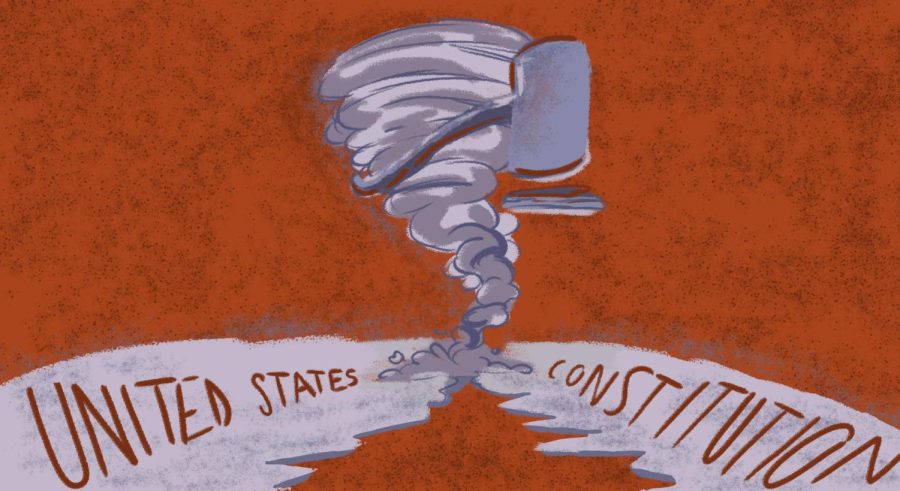



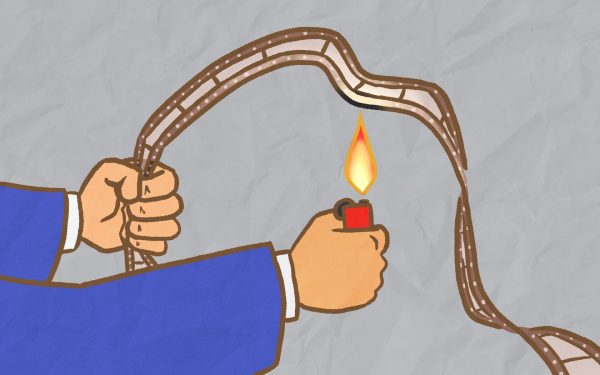

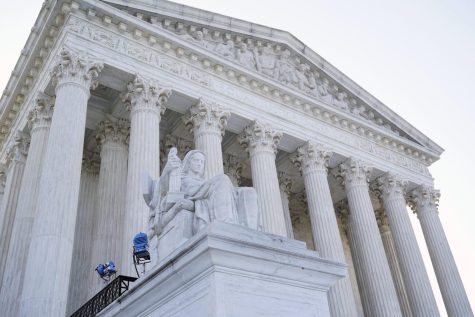

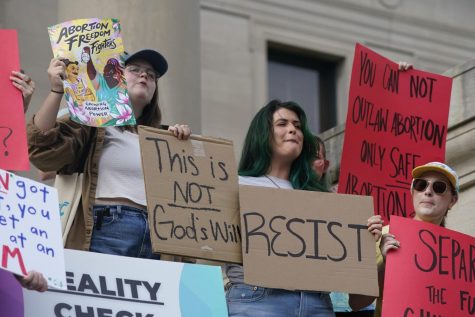
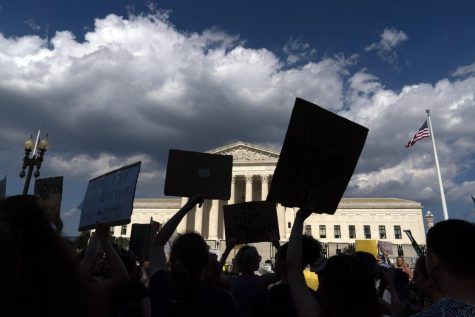
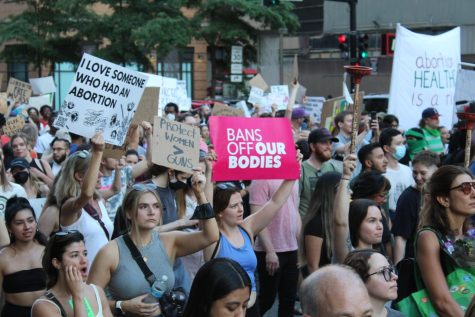
Una Baker / Jul 8, 2022 at 10:05 am
Very well written Una Cleary. Merci!!!